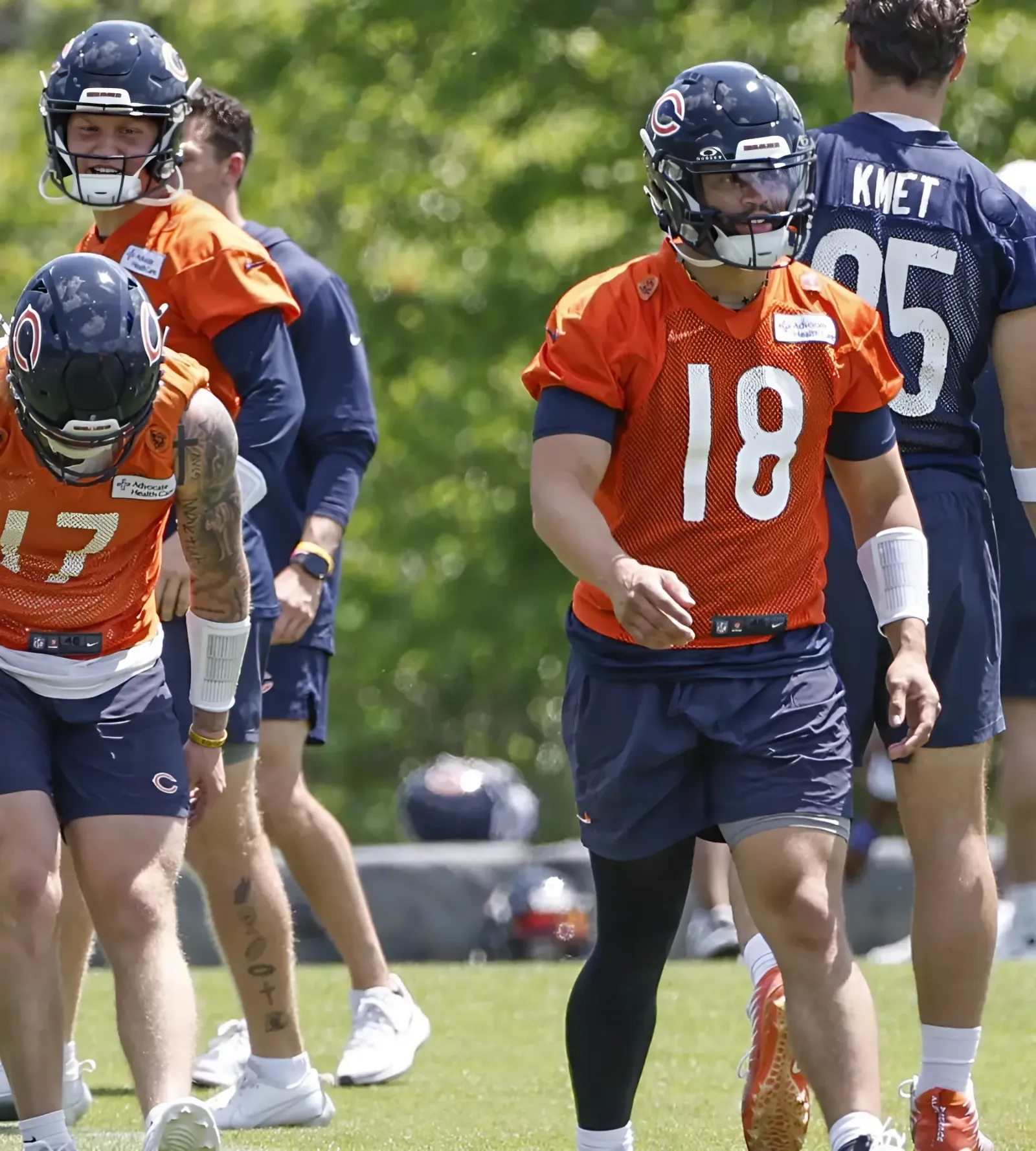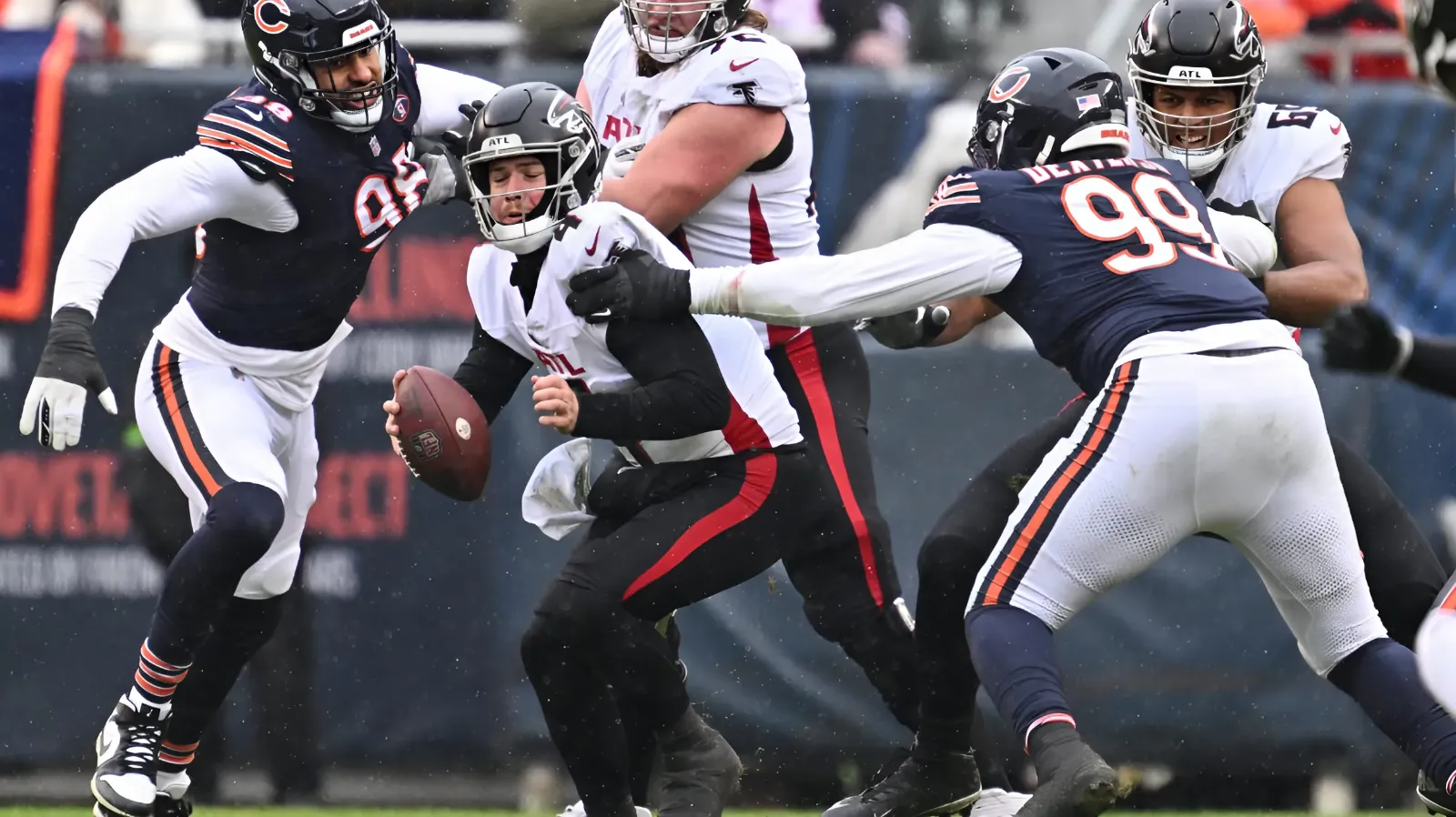Heading into the offseason, the Detroit Red Wings made their goal of an improved team defense known. In 2023-24, they had tried to outscore their problems, failed to do so when the intensity of post-trade deadline hockey overwhelmed them, and then made a decree to tighten things up in 2024-25.
As goaltender Alex Lyon put it: “I think every team in their maturation process comes to a realization that you can’t necessarily rely on goals all the time, and the ability to keep pucks out of your net is something you can control to a much greater degree.”
Looking at their transactions this offseason, though, it’s hard to see where that maturation happened on an individual level. Detroit traded shutdown defenseman Jake Walman to San Jose on a cap dump, then let battle-winning winger David Perron go in free agency. Before free agency, it re-signed the defensively milquetoast winger Patrick Kane and doubled down by adding winger Vladimir Tarasenko, who’s no shutdown player either. For a Red Wings roster that wanted to get better defensively, its offseason decisions didn’t particularly focus on defensive improvement.
That is, except for one area: the penalty kill. That’s where the Red Wings’ clearest defensive improvements have come, at least as much as one can say three months before the season starts.
Detroit signed defensive forward and penalty killer Tyler Motte to a one-year deal July 2, a day after re-signing Christian Fischer for another season. While neither player is particularly noticeable on the scoresheet, their play in the defensive zone limits opponents in a way that the Red Wings struggled to do so last season. Those traits particularly shine on the penalty kill, where Motte is an established leader and Fischer is a rising contributor.

Jan 21, 2024; Detroit, Michigan, USA; Tampa Bay Lightning center Tyler Motte (64) passes the puck during the third period against the Detroit Red Wings at Little Caesars Arena.
Mandatory Credit: Brian Bradshaw Sevald-USA TODAY Sports
Last season, Detroit’s penalty kill ranked 14th at 79.6%. But take a closer look, and the underlying numbers are far less flattering. In 4-on-5 expected goals, the Red Wings ranked dead last with 9.62 expected goals against per 60 minutes. They gave up 81 high danger chances — three away from worst-performing Colorado’s 84. Detroit’s penalty kill percentage hides a lot of the danger it gave up, which opponents’ lack of finishing and a number of big saves covered up.
So, the Red Wings addressed that penalty kill in free agency with Motte’s addition and Fischer’s retention. Both moves solidify the talent pool to draw penalty killers from, bringing in one of the league’s best in Motte and allowing Fischer to earn more time shorthanded.
When it comes to Motte, the proof is in the proverbial 4-on-5 pudding. As a penalty killer, his 6.3 expected goals against per 60 ranked 21st among the 114 players that eclipsed 100 minutes on the penalty kill. His Tampa Bay team ranked 14th with 6.8 expected goals against per 60, which was far better than Detroit’s rate. Meanwhile, last among those 114 PKers sat Andrew Copp and J.T. Compher, who gave up 11.2 and 11.9 expected goals against per 60 on the Red Wings’ top penalty kill unit. Motte is a clear upgrade from one of those players, and there’s no doubt that he will shore up this whether with a new partner or by replacing one of Copp or Compher.
Fischer’s case is much more an investment. While he was on Arizona’s top penalty kill in 2022, he only played 61 minutes on the PK last season, ranking sixth among all Red Wings. That time was particularly productive, however, as Fischer allowed the third least expected goals against at 7.9 per 60. He also allowed the fewest shots per 60 at just 104.26. For context, Compher allowed 136.97 shots per 60 while shouldering PK1 duties. Meanwhile, Motte allowed 92.66 shots against per 60 for the Lightning, which ranked 16th among all penalty killers in the NHL.
The hope for Fischer is that he can improve as a penalty killer and further solidify his role in helping Detroit’s units thrive. As much as his gritty, team game shows up at five-on-five like it did with Detroit’s checking line of Fischer, Copp and Michael Rasmussen, Fischer hopes there’s more he can do to impact the game while shorthanded. In a high stakes environment, he can carve a niche in line with his bottom six job description.
“Even when I wasn’t with those two, I thought I had some good success just kind of hunkering down that bottom six and doing some things that bottom six players have to do,” Fischer said Monday. “I look forward to taking another step in that and penalty killing and matchups — all the stuff that you guys saw last year that I really embraced and like to do.”
Fischer believes that knowing Detroit’s systems from his first year with the team will help him make the most of this season. As for Motte, his journeyman’s career — with stops in Chicago, Columbus, Vancouver, New York, Ottawa and Tampa Bay — should help him adjust fairly quickly.
Why does all this matter? The penalty kill is only one area of keeping the puck out of the net, but it’s perhaps the most condensed form of defensive play. Down a player, penalty killers must be near-perfect on defensive principles such as positioning, stick placement, shot blocking and timing. Teams with good defensive principles tend to play better on the penalty kill, not only shaving off goals at a vulnerable time but also flaunting the skills that make their even strength defense effective, too. Ten of the top 16 defensive teams by expected goals also had a top-16 penalty kill by expected goals, too.
Such a correlation isn’t to mention the mental effects of a good penalty kill, which can free up teams to play unrestricted defense at even strength, trusting the PK to make up for any penalties accrued in pursuit of defense. That’s why the Edmonton Oilers and Florida Panthers could play so physically in their runs to the Stanley Cup Final, for example. This isn’t to suggest Detroit is anywhere near such postseason glory, but it could use a good penalty kill as a resource to get closer.
Having defensive role players like Motte and Fischer in the lineup is a strength for the Red Wings. They didn’t have as many defensive options in the bottom six as they will next season, doffing power play roleplayers Robby Fabbri and Daniel Sprong this offseason in favor of Motte and internal promotion. Whereas last season’s roster had more proven scoring punch, Detroit is indeed making good on its commitment to defense through its roleplayers like Motte and Fischer.
“Compared to last year's group, it’s a little bit different,” Detroit general manager Steve Yzerman said Thursday, reflecting on the shape of his roster. “Might be a little bit better fit as far as roles for players, where they play or at least where they sit on the roster today. So I expect it to be a comparable team next year.”
What shouldn’t be comparable is the penalty kill, where Motte and perhaps Fischer can play a part in improving a unit that was hardly an X-factor. By improving the penalty kill and defensive play at large, Detroit can put itself in a far better position for success.




